By Xue Lingqiao
(ECNS) -- “Macao, a city with over 400 years of history, serves as a bridge for cultural exchanges between China and the West. The University of Macau, located in the Guangdong-Hong Kong-Macao Greater Bay Area, is known for its globalization and internationalization,” said Yonghua Song, rector of the University of Macau (UM), in an interview with China News Network in Beijing.
As December 20, 2024 marks the 25th anniversary of Macao’s return to the motherland, Song shared his views on how Macao can strengthen its role as a link between China and Portuguese-speaking countries while integrating into the development of the Greater Bay Area.
Song highlighted that Macao is a diverse and international city with Chinese and Portuguese as its official languages and English as a working language and instructional language at UM. Through cultural exchanges, China continues to build people-to-people connections with other countries.
“Collaboration with universities in Portuguese-speaking countries is a key focus of UM’s international exchanges. At UM, 80 percent of our faculty members come from outside Macao, and our students from 57 countries and regions around the world. Therefore, UM is well-positioned to contribute more to exchanges between China and Portuguese-speaking countries,” Song explained.
He highlighted UM’s strategic partnerships with universities in Portugal, Mozambique, and Angola, which have led to joint research centers in fields such as cognitive aging, precision medicine, and ocean science, and facilitated the joint training of international talents.
“UM aims to develop young students into talents with an international outlook, a global mindset, and being responsible citizens. As a university rooted in Macao, UM is committed to participating in the development of the Greater Bay Area, integrating into the nation, and going global,” added Song.
Macao enjoys unique connections with Portuguese-speaking countries in terms of language and legal systems, while maintaining close economic and trade relations with the Chinese mainland. These advantages paved the way for the establishment of the Permanent Secretariat of the Forum for Economic and Trade Co-operation between China and Portuguese-speaking Countries in Macao in 2003. Since then, the city has served as a platform for economic and trade cooperation between China and Portuguese-speaking countries.
Song further pointed out that this platform has promoted cooperation between China and Portuguese-speaking countries in areas such as economy, trade, science and technology, and culture.
Whether serving as a center for science and technology exchange and cooperation or a platform for cross-border RMB settlement, Macao has always played a unique role in China’s opening-up, especially in exchanges and cooperation with Portuguese-speaking countries.
The Outline Development Plan for the Guangdong-Hong Kong-Macao Greater Bay Area, issued by the CPC Central Committee and the State Council in 2019 has strengthened the top-level planning to align with national development.
Song believes that capitalizing on the three cooperation zones in Hengqin, Qianhai and Nansha jointly built by Guangdong, Hong Kong and Macao, the Greater Bay Area will better unleash its advantages in internationalization and opening-up.
The Outline Development Plan proposes to promote educational cooperation and support the joint provision of education services among universities in Guangdong, Hong Kong and Macao.
Song noted that in 2016, UM, together with Sun Yat-sen University in Guangdong
and the Chinese University of Hong Kong, jointly took the lead to establish the Guangdong-Hong Kong-Macao University Alliance, which allows for the sharing of quality educational resources between the mainland, Hong Kong, and Macao.
“Macao and its surrounding areas are demonstrations for international exchanges. Universities in Hong Kong and Macao should leverage their advantages in international exchanges, and work with universities in the mainland and the Greater Bay Area, so as to promote deep cooperation in the Greater Bay Area and build an
international demonstration zone for higher education,” Song concluded.








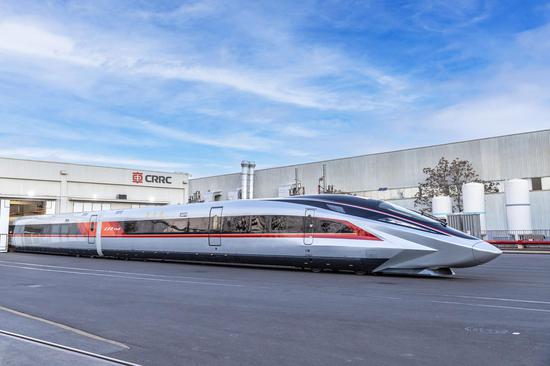
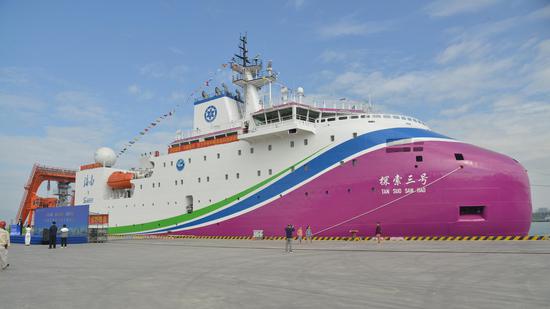
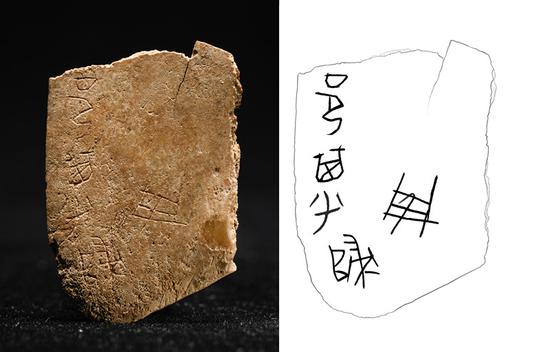
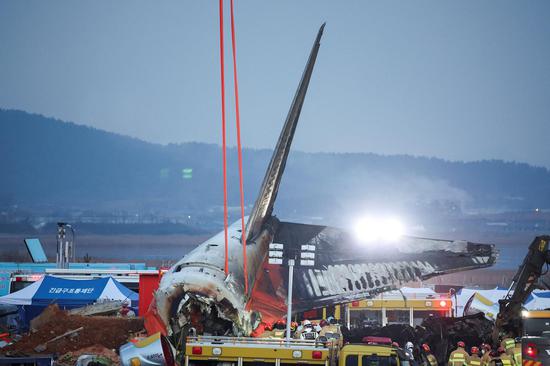
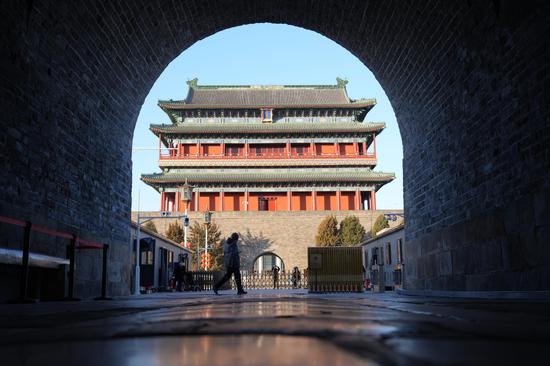
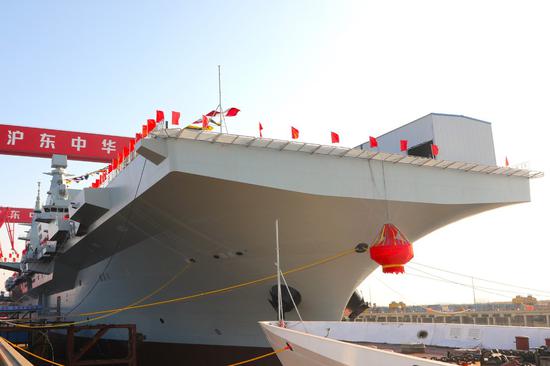
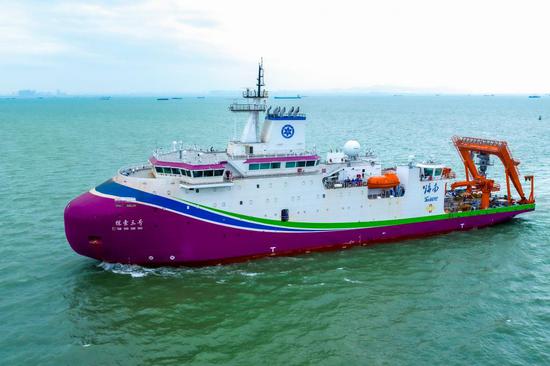
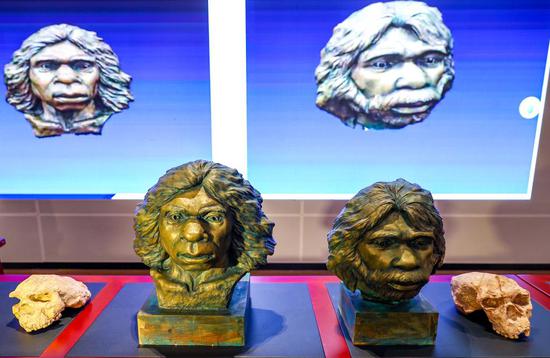
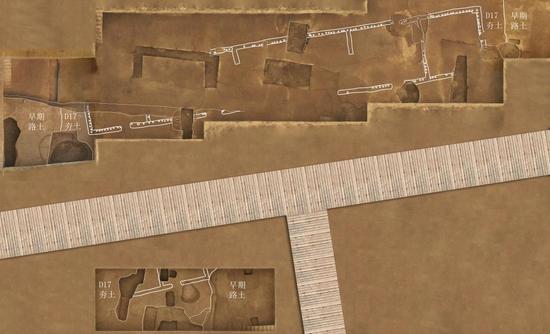
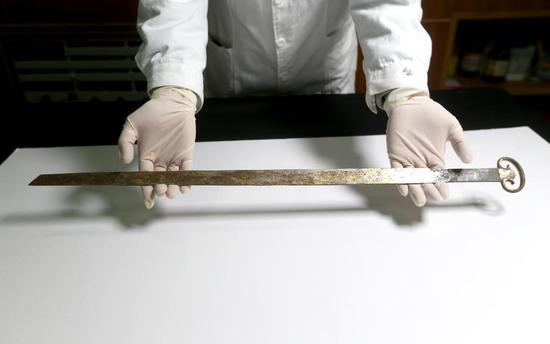
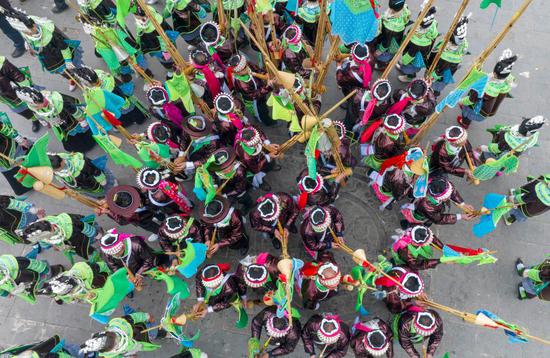


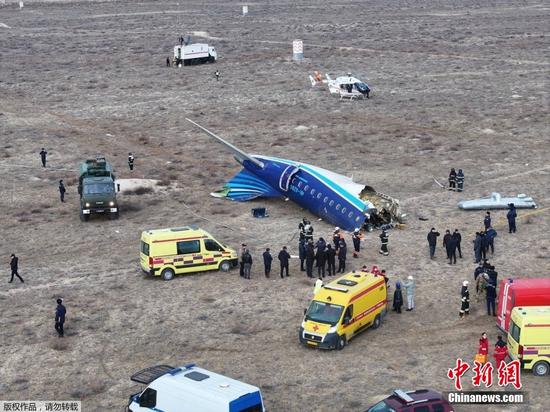
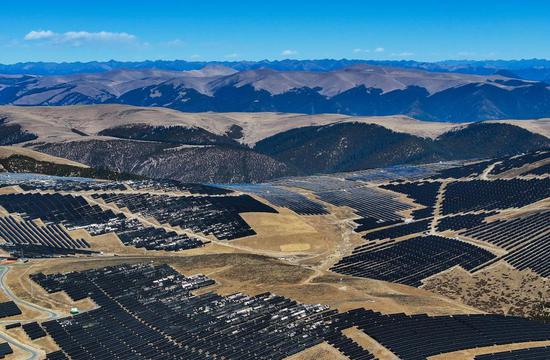

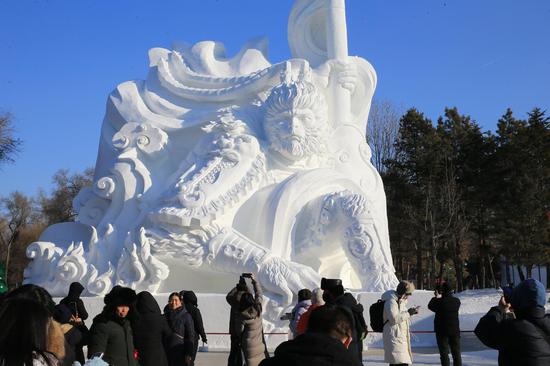


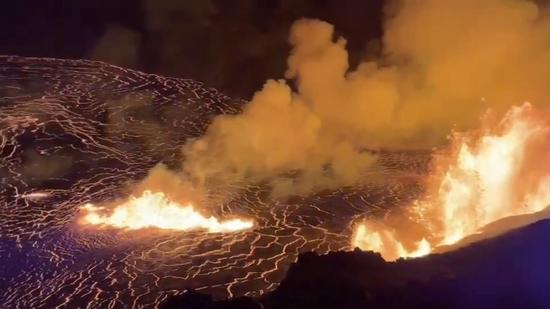






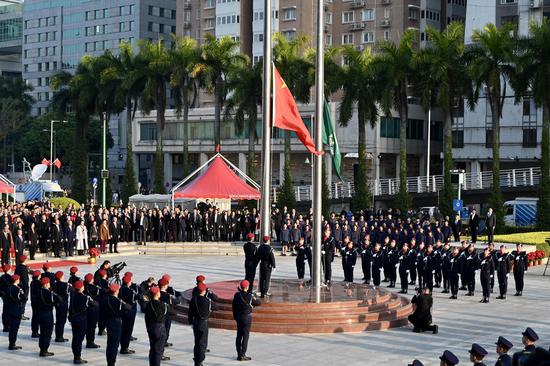
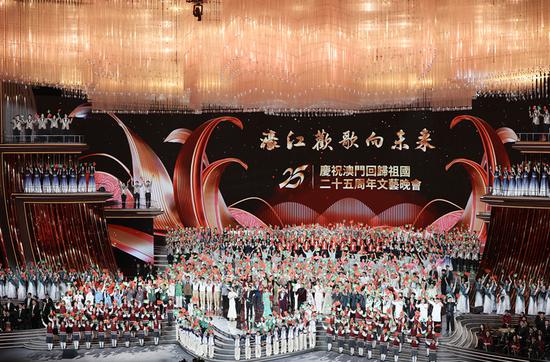
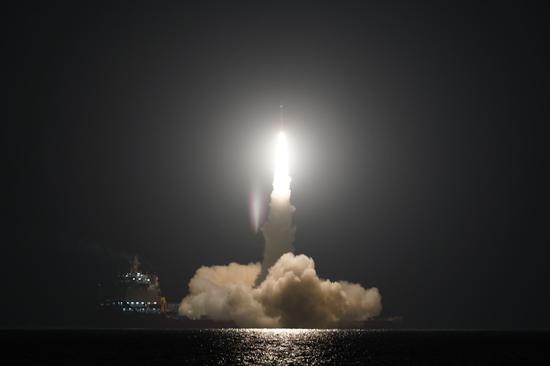


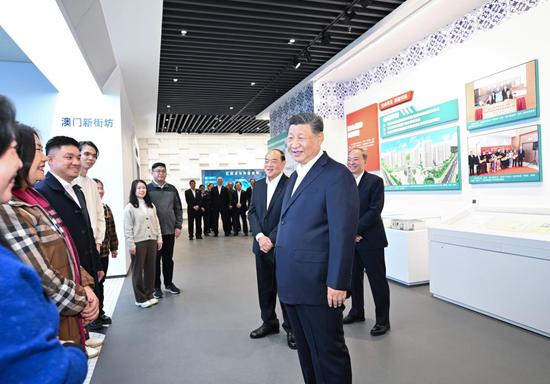
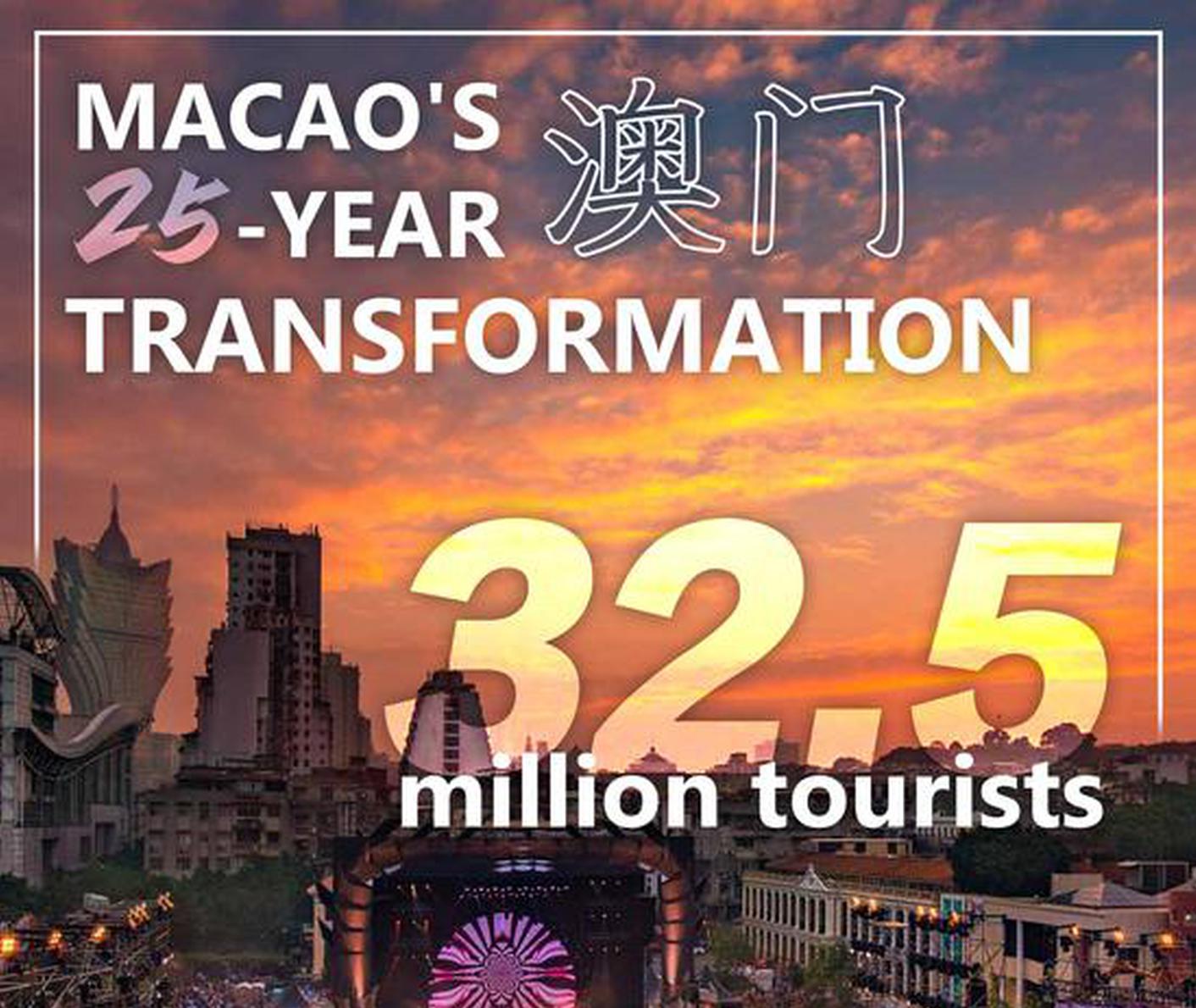
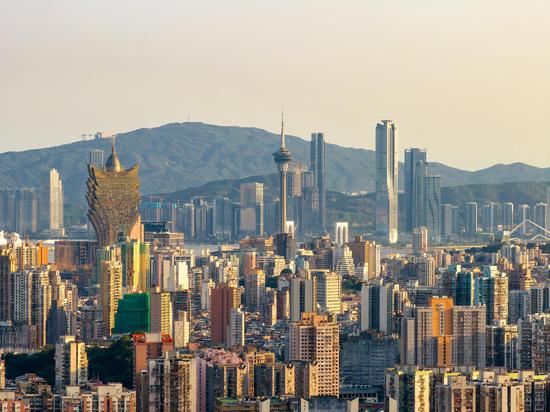


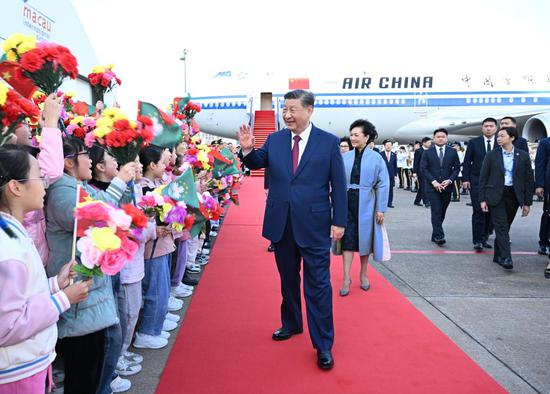

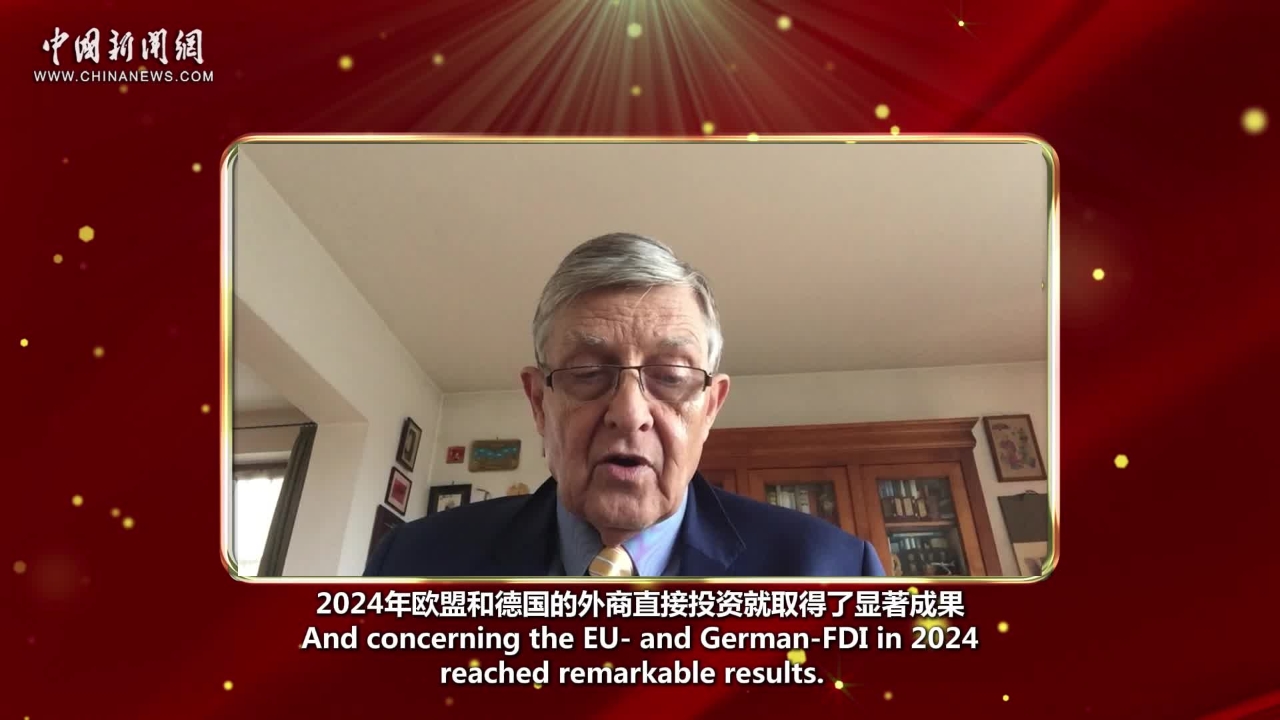

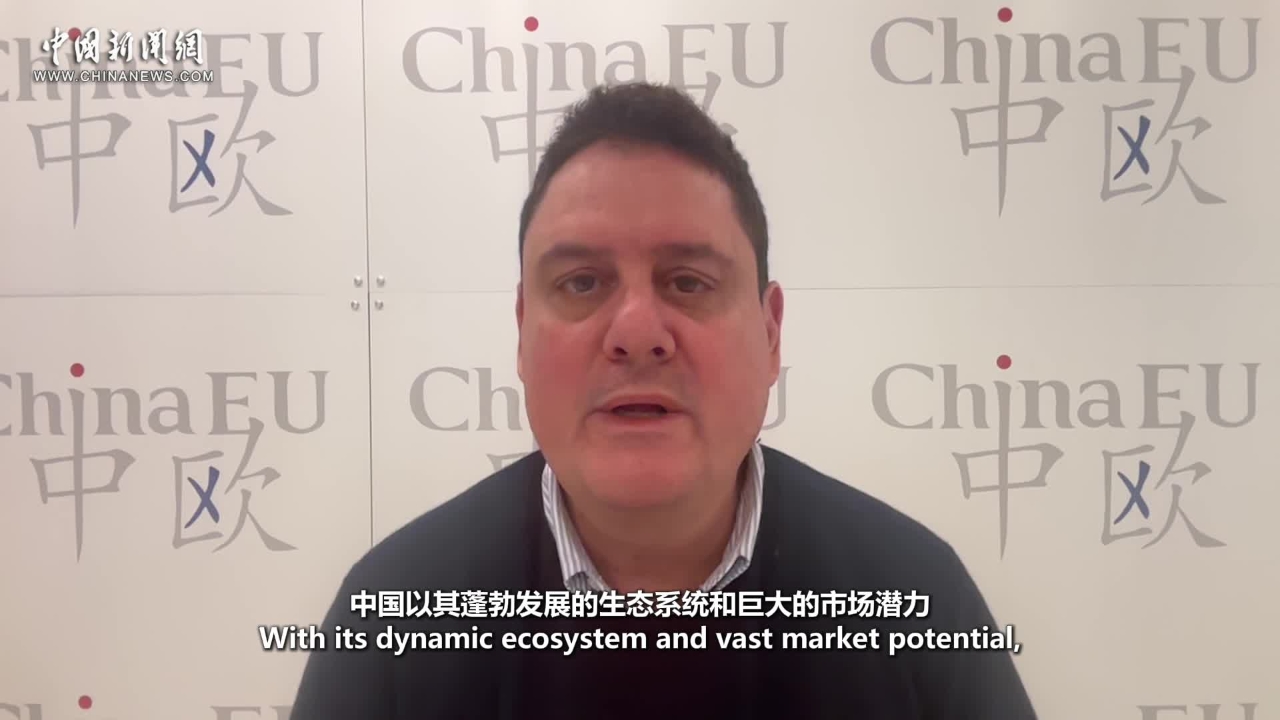

 京公网安备 11010202009201号
京公网安备 11010202009201号